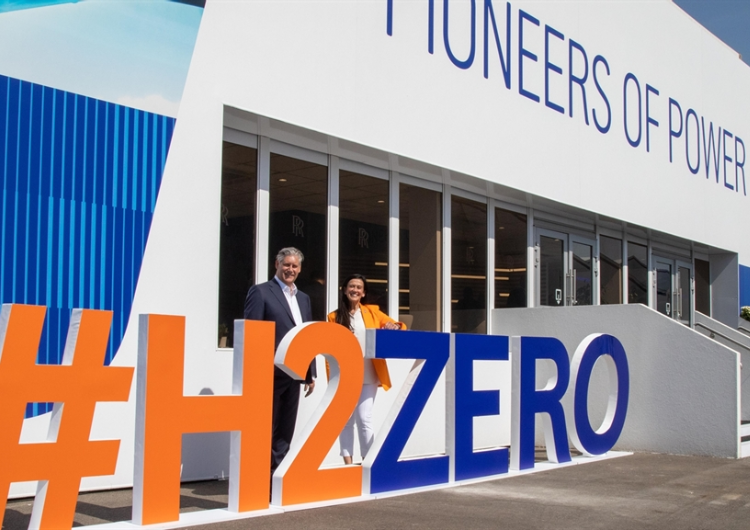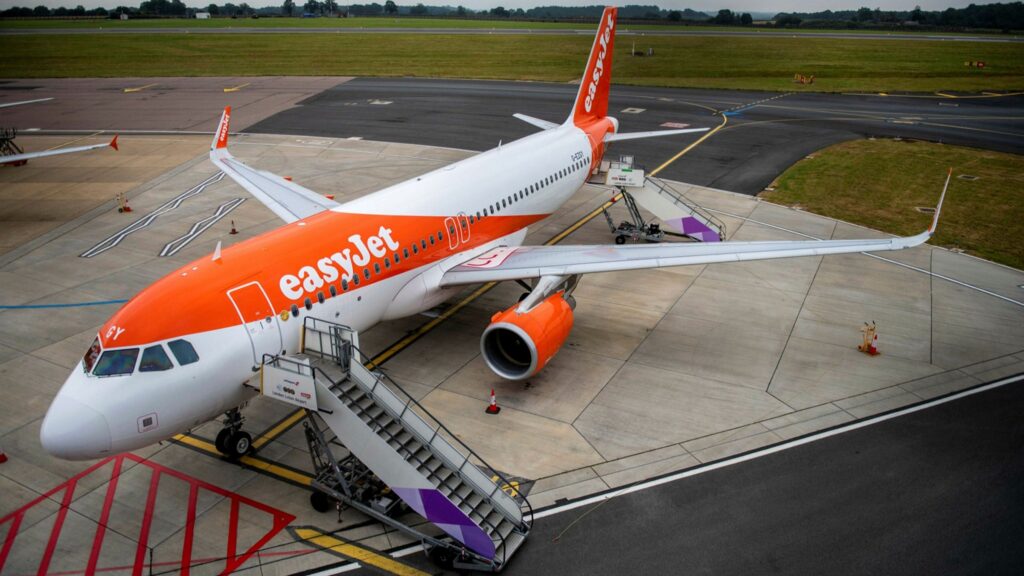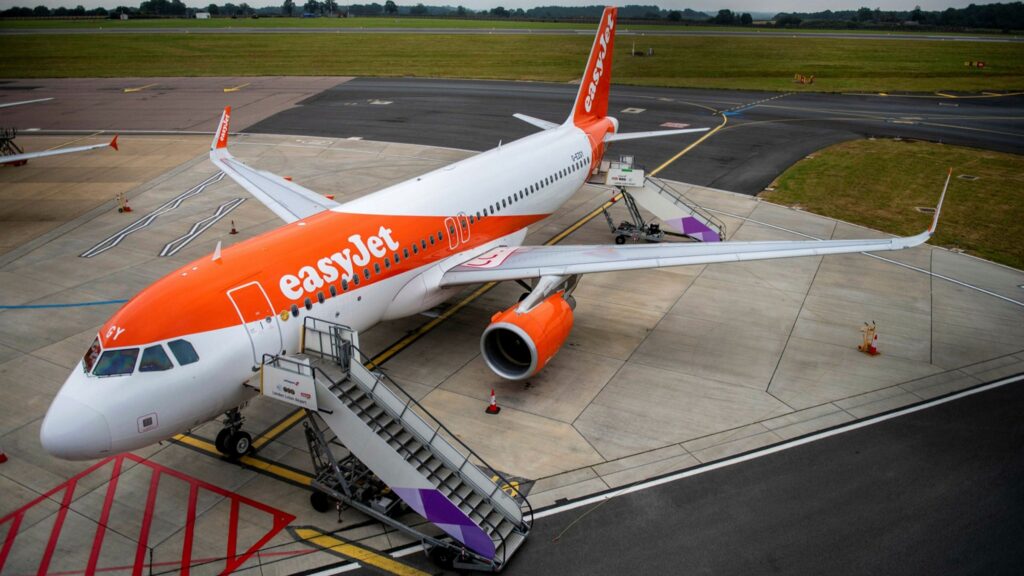EasyJet and Rolls-Royce have declared a partnership to develop hydrogen combustion engine technology. As part of the H2ZERO collaboration, the two companies will operate together on a series of ground engine tests later this year. We analyze everything you must know below.
zero carbon emissions by 2050
Budget carrier EasyJet has entered a new collaboration with engine maker Rolls-Royce to develop the potential of hydrogen combustion technology. The collaboration is inspired by the UN-backed Race to Zero campaign, which aims to achieve net zero carbon emissions by 2050.

Under the H2ZERO project, EasyJet and Rolls-Royce will begin testing a hydrogen combustion engine later this year to power aircraft by the mid-2030s. The aim is to develop hydrogen technology capable of powering a broad range of aircraft, including narrowbodies.
“To reach net zero by 2050, we have always been told that radical action is required to address aviation’s atmosphere effect. That’s why today, we are so pleased to declare this partnership with Rolls-Royce. The technology that emerges from this program has the potential to power easyJet-size aircraft, which is why we will also be making a multi-million-pound investment into this program
To achieve decarbonization at scale, progress in the development of zero-emission technology for narrowbody aircraft is crucial. Together with Rolls-Royce, we look forward to leading the industry to tackle this challenge head-on.”
- Rolls-Royce will give its expertise in engine growth and combustion systems, while easyJet will now invest in the test program and offer its operational know-how to the project.
Rolls-Royce AE2100 engine in the UK
Both companies began researching the feasibility of hydrogen combustion in 2021, exploring infrastructure, market analysis, and regulatory obstacles. Additionally, Rolls-Royce has already begun hydrogen combustion and fuel system rig tests with university partners Cranfield and Loughborough.
Also, read
- The UK government announces aviation charter to address airport disruption
- Boeing Forecasts New Planes Demand will rise by 2041 | Exclusive
- Pradhaan Air Exclusive: World’s First Passenger to Freighter A320 “Pehalwan” Landed at Delhi Airport
easyJet and Rolls-Royce will run an early concept ground test of a Rolls-Royce AE2100 engine in the UK this year, followed by a full-scale ground test of a Rolls-Royce Pearl 15 jet engine.
Several locations are being explored for the full-scale test, including the Rolls-Royce test facility in Mississippi, USA.
Grazia Vittadini, Chief Technology and Strategy Officer, Rolls-Royce, said,
“H2ZERO is a big step forward for Rolls-Royce and we are excited to be operating with a partner that shares a desire to innovate and find new solutions to aviation’s biggest challenges. We at Rolls-Royce want to be prepared to pioneer sustainability with whatever the future demands, be it hydrogen, electric power, sustainable aviation fuel, or gas turbine efficiency. This agreement further inspires us to move forward.”
It is important to note there is a difference between hydrogen internal combustion engines, which this partnership will explore, and hydrogen fuel cells. While fuel cells emit zero carbon, hydrogen combustion engines release trace amounts of CO2 along with nitrogen oxides.
Importantly, both technologies are far cleaner than conventional engines, but there are still significant problems with their market viability.

easyJet has been one of the more proactive airlines when it comes to exploring renewable energy and other sustainability initiatives. In April, the airline formed a partnership with GKN Aerospace to develop hydrogen combustion and fuel cell technology.
The carrier is also collaborating with US-based company Wright Electric to develop electric aircraft and has set a plan of cutting emissions by 35% by 2035.

